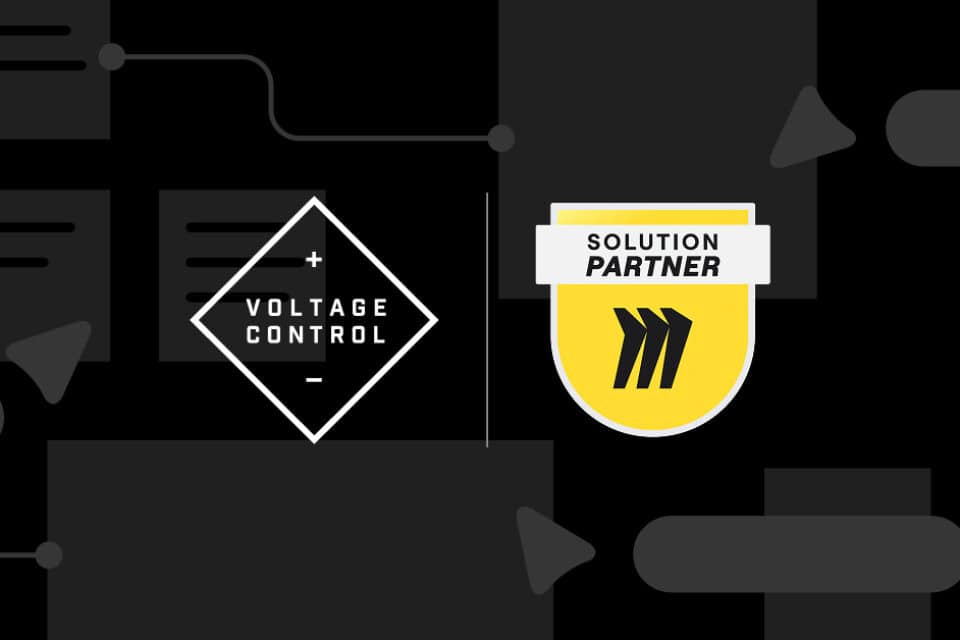Recently I was asked why people hate meetings. I responded that people don’t hate meetings, they hate bad meetings.
Most ineffective meetings are a form of therapy
Let’s be honest, there’s a lot of collaborative dysfunction in the working world, and most of it happens in meetings. And that’s a major pain point for a lot of people. When they look at their calendars, they’re just inundated with meetings. And, shockingly, the goal of most of these meetings is to be cathartic rather than productive.
I remember seeing this headline on BBC.com not too long ago: “Pointless work meetings really a form of therapy.” It’s a hilarious headline, but if you dig deeper into it, it’s actually fascinating.
In my experience, as the pandemic has rolled on, I’ve seen people have this thirst for connection, and because they don’t have it, they’re self-medicating with a meeting. They’re self-medicating in a way that creates another burdensome meeting — and more disgust, if you will, for meetings and the whole Zeitgeist of work and collaboration.
In the BBC linked article above, Professor Patrik Hall of the University of Malmo also stated that meetings are becoming a vehicle for individuals to express their frustrations. He says that with fewer people making or doing things, those in strategic, consultative, and managerial roles don’t know what they should do. Because they’re unsure about their role, they call meetings to try and find a purpose.
Both of these instances create a vicious cycle of negativity. If everyone became more intentional about team health and points of connection, people would stop scheduling these random meetings for “therapy” time. We wouldn’t self-medicate, we wouldn’t overmedicate and we’d get just the right amount of meetings.
So how do we get to this place of optimal meeting balance? I believe it starts by clarifying the purpose of a meeting. Doing so will put an end to the post-meeting refrain of “Why did I just spend my time doing that?”

Giving your meetings a sense of clarity
A big part of my book Magical Meetings is ensuring teams come together for the right reasons, accomplish meaningful goals, and leave with clear next steps. In fact, the first of the ten meeting mantras I share is “no purpose, no meeting.” And while I’d love for you to read Magical Meetings cover-to-cover, you may not have time before your next meeting. To that end, I’m going to encapsulate the first couple of chapters and present a number of questions you should ask yourself before initiating any meeting request.
- Is the meeting necessary? Could it be replaced by an email?
If the answer to the latter is yes, send an email not an invite.
- Will this meeting be generative, explorative or decisive?
A generative meeting generates ideas or artifacts, an explorative meeting considers options and reviews artifacts, and a decisive meeting makes decisions on options and artifacts. If your meeting isn’t one of the three — where there’s a clear purpose and work to be done — it may not be worth having at all.
- How will the team know it’s been successful?
Consider the possible outcomes of your meeting and what you hope to achieve. These are benchmarks your team can utilize to gauge success.
- Who needs to be involved and what are their perspectives?
Just because you can invite someone to your meeting doesn’t mean you should. Everyone’s calendar is littered with meetings, so be strategic about who you invite. Is someone a stakeholder, have relevant expertise or possess an outsider’s perspective that could be valuable? Include them. But don’t invite someone who won’t have much to contribute solely to be inclusive. They’ll appreciate being able to be more productive by instead having the time to tackle the tasks that are of greater importance to them.
- What concerns are likely to arise? What challenges might get in your way?
The more forethought that goes into planning your meeting, the more you (and your participants) will get out of it. You really don’t want to eat up valuable time by doing this kind of triage in the middle of your meeting. It’s counterproductive — and an annoyance.
FREE DOWNLOAD
Get Our Magical Meetings Book Assets
Assets including tables, lists, and figures to make sure every meeting you host is magical.
Letting everyone know what to expect
Of course, it’s not enough to know what you want out of your meeting. It’s also important to let others know as well. Preparedness on the part of the organizer — and the participants — is what helps make a meeting magical.
Key to this is drafting an agenda you can share in advance of your meetings. This should include an outline of the activities that will take place, the allotted time for each activity or topic, and when break periods will occur. Additionally, you’ll want to explicitly state what you need from each participant. To ensure a successful meeting, I recommend circulating all of this a few days in advance and sending a reminder about your needs the day before the meeting is scheduled to happen.
I also suggest you record a short video of yourself going through the agenda, especially for “high stakes” meetings where you’ll be making important decisions. Creating and sharing this will make your requests seem more human. You’ll also want to provide a link to a shared folder where everyone can place their pre-work artifacts (if applicable).
When people know what’s required of them and what their involvement will lead to, there’s a lower likelihood of them loathing a meeting. By clearly communicating — and setting up systems — people will feel confident that their involvement will lead to something positive vs. just getting caught up in false checkpoints or busywork.
To that end, Voltage Control can set you up for success with our robust resource library. You can download the Magical Meetings Quick Start Guide, The Facilitator’s Guide To Questions, and other coaching materials. We also have blog posts, workshops, templates, and our Control Room app, which is loaded with meeting activities that keep teams engaged. With our help, you’ll never have another bad meeting again.
Want to ensure all of your meetings are magical?
Enroll in our Magical Meetings course and you’ll learn how to facilitate meetings that will have participants walking away with a sense of accomplishment. For information, check out the course details or reach out to hello@voltagecontrol.com.



